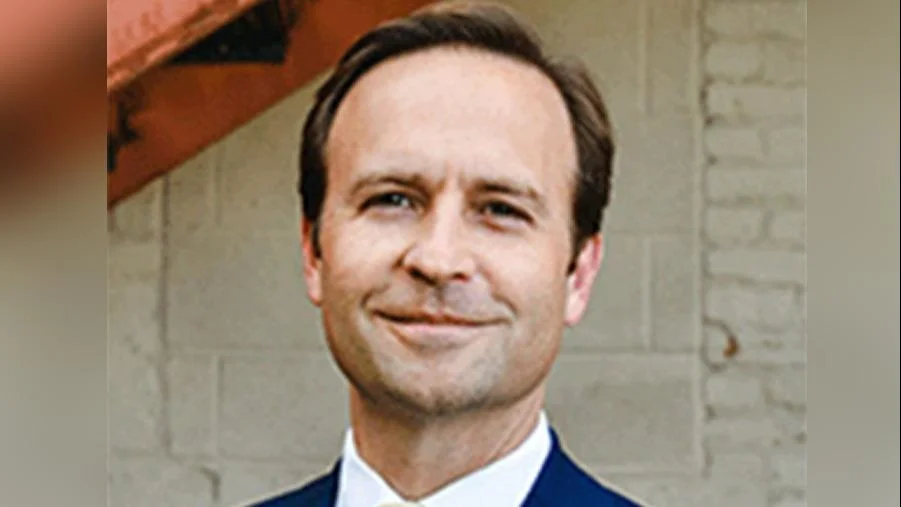Brian Calley President and Chief Executive Officer at Small Business Association of Michigan | Official website
Brian Calley President and Chief Executive Officer at Small Business Association of Michigan | Official website
Employers are shifting back to in-person interviews after years of relying on virtual formats, a trend that accelerated during the Covid-19 pandemic. The Wall Street Journal recently reported that concerns about candidate deception and fraud, especially with the rise of artificial intelligence tools, are prompting this change.
During the pandemic, online interviews became common as companies sought to save time and costs while reaching candidates in different locations. However, recruiters and hiring managers have observed that some applicants use AI tools to generate real-time answers or solve technical problems during interviews. There have also been cases where “deepfake” audio and video were used to impersonate candidates. The FBI has highlighted these risks, noting indictments last year against 14 North Korean nationals who allegedly used false identities to secure remote IT jobs at U.S. firms.
Major employers such as Google, Cisco, and McKinsey are responding by adding in-person interview stages for certain roles. Recruitment agencies report an increase in on-site interviews; one Dallas-based firm noted that about 30% of its clients now require them, up from 5% the previous year.
This move comes after a period when companies used automated screening tools to manage large volumes of online applications. In response, job seekers adopted AI-driven strategies to improve their resumes and apply broadly. As both sides continue adapting to new technologies, maintaining trust in the hiring process remains a priority.
Hiring software providers are also taking steps to address these issues. Greenhouse has partnered with Clear for identity verification services similar to those used at airports. Cisco is working with biometric identification vendors as well. Despite these advances, many recruiters believe meeting candidates face-to-face is still the most effective way to verify their identity and skills.
The return of traditional interviews means more scheduling and travel for candidates, though video calls remain prevalent in early rounds. Hybrid approaches combining virtual and in-person elements are expected to become standard practice. According to Gartner’s survey of 3,000 job seekers, 6% admitted participating in some form of interview fraud; the firm predicts fabricated job profiles will become more common globally over time.
In addition to curbing deception, face-to-face meetings offer other benefits: candidates can experience a company’s workplace environment firsthand and interact with team members outside the formal interview process.
“Deepfake” audio and video add another layer of risk by allowing imposters to mimic applicants. The FBI has warned of organized efforts to take advantage of these vulnerabilities. Last year, the Bureau issued indictments for 14 North Korean Nationals who used false identities to land remote IT jobs at U.S. companies.
By Dan Van Slambrook, courtesy of SBAM-approved partner ASE.






 Alerts Sign-up
Alerts Sign-up